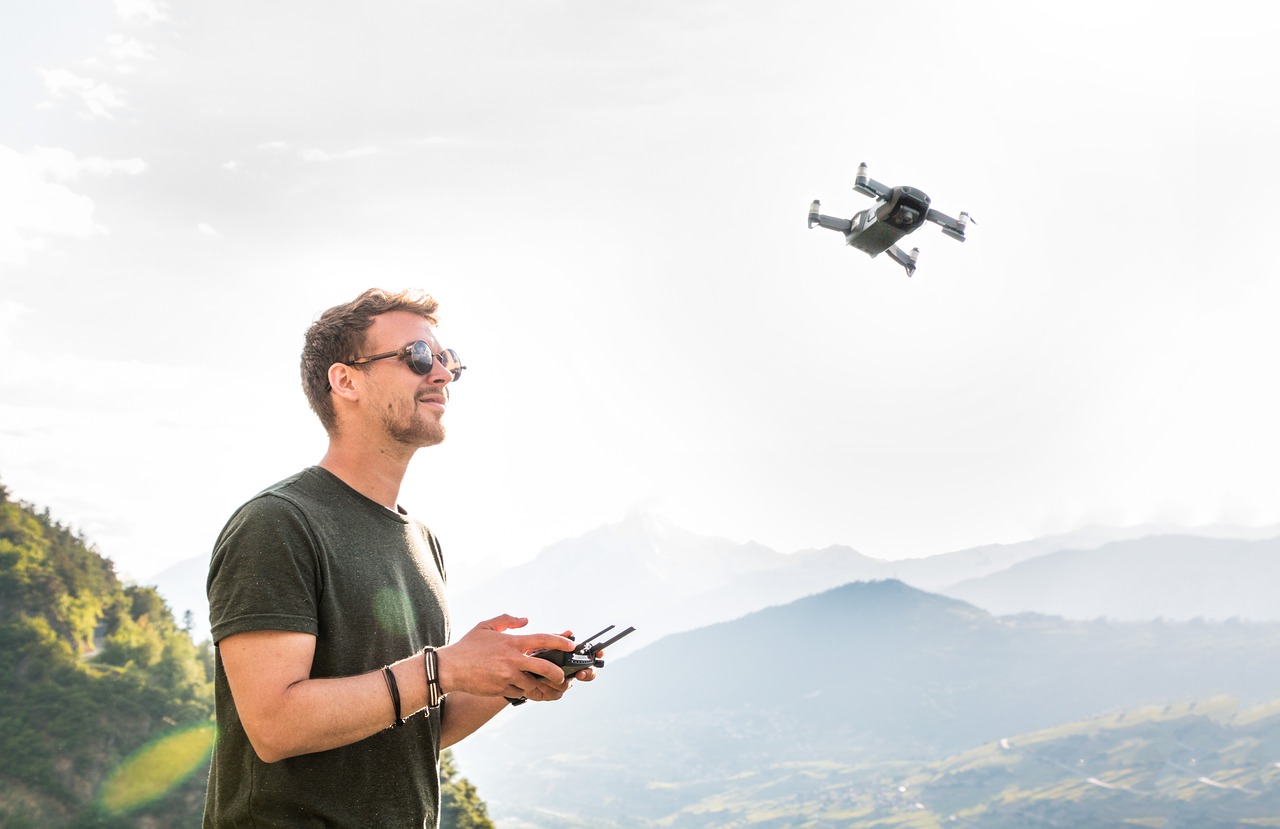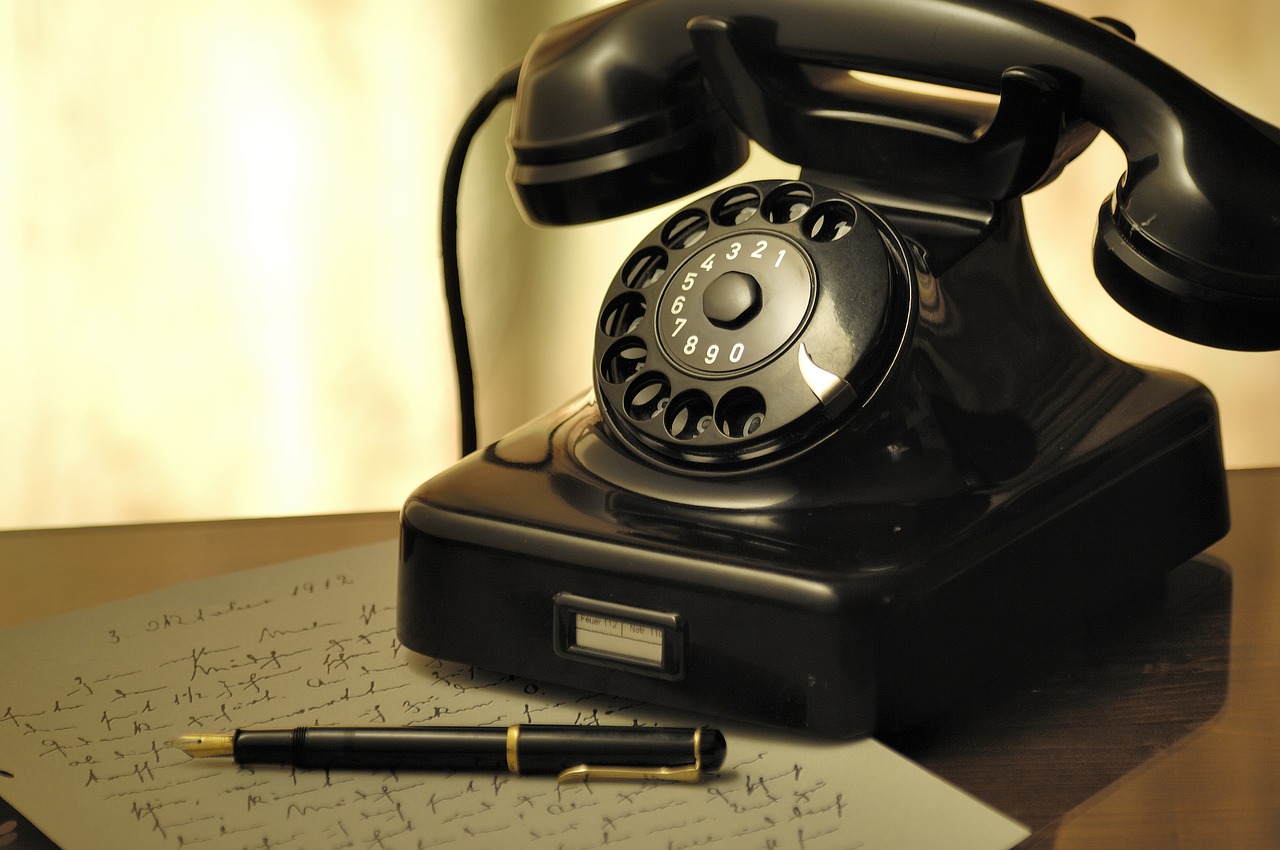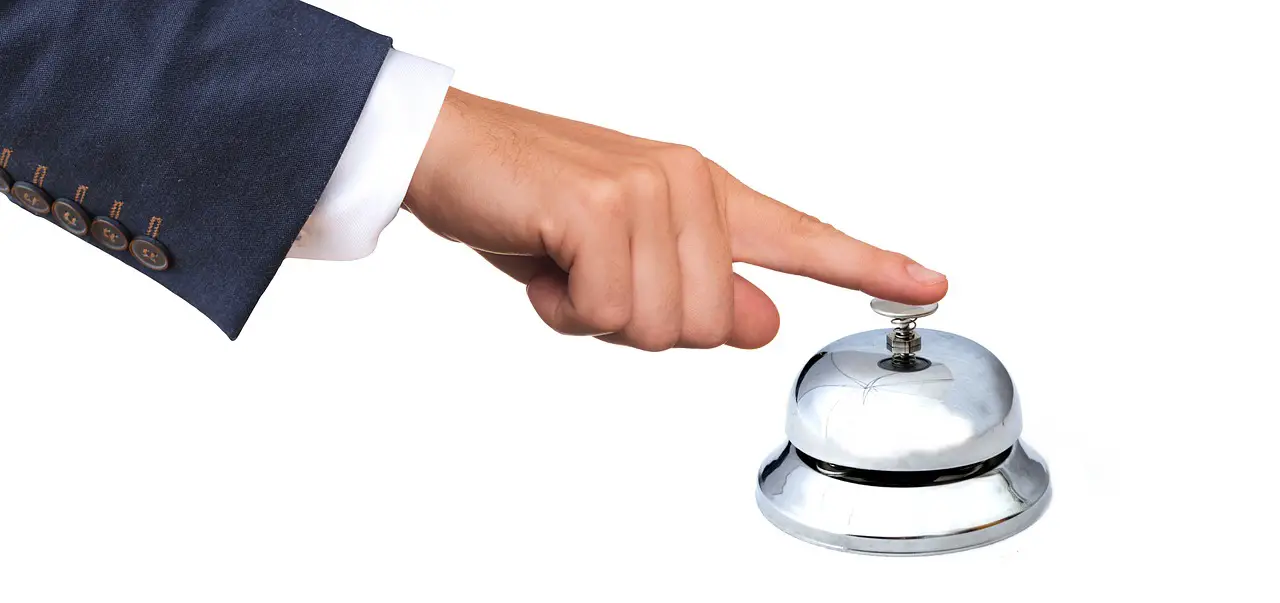
Almost all of us start as wide-eyed, enthusiastic residents, ready to absorb nearly anything. I know I certainly did when I first started. But, eventually, at some point, all the planets will align the wrong way. Maybe you missed a finding and then dealt with an angry surgeon. Then, that same day, you had a heated argument with an OB/GYN resident who ordered an inappropriate study. Or, the chairman chews you out for not helping out one of the referring clinicians. Regardless of the number or sequence of events, you must expect some bumps in the road. As much as I like radiology, unforeseen problems will occur. So, how do you get your head back in the game after a bad radiology day like this? Here are some tips to help you proceed when you feel the radiology world is not in your favor.
Play The Long Game
I am sick of the cliche: “Residency is a marathon, not a sprint.” But, it is true. You have four years during your residency to learn and fulfill your goal of becoming a competent radiologist. A bad day here and there is not the end of the world (although it might feel like it!) For this reason, keeping your long-term goals in mind is essential to keep you on track. You can think of a bad day as a life lesson that will make you a stronger radiologist at the end of your residency.
Learn From Your Bad Radiology Day Mistakes
You may feel that miserable lump in your throat when you’ve made your mistakes. It’s never fun to miss appendicitis or have a team of surgeons berate you. But, good residents and learners will take this opportunity to self-correct and avoid making the same mistake twice. This principle is practice-based learning in a nutshell. Those who succeed at this will eventually become excellent radiologists, even if it doesn’t feel like it right now.
Maintain A Positive Attitude
Remaining positive can be a tough nut to crack in the face of stark adversity. But enthusiasm and positive attitudes do go a long way to getting you through that bad day. If you let the negative Nancy nay-sayers get to you because you are having a bad day, how can you treat the next patient well? We have to remember our goal as physicians is to help patients. A negative outlook will not allow you to fulfill your true potential.
Take A Mental Break
Sometimes, you need to give your mind and body a break. Listen to some music. Read that book that you always wanted to peruse. Every once in a while, getting your mind out of medicine is healthy. The perfect time to do so is after a bad day. Allow your mind and body to recalibrate. Human beings should not be on task 24 hours out of every day. It is healthy to take a break (contrary to the popular belief of some program directors!)
Learning From Your Bad Radiology Day
Not every day will inevitably be in your favor. The world does not work like that. But, if you play your cards right, you will come out of this day more enriched than when you started. It’s a matter of perseverance. So, remember why you are here, learn from your mistakes, maintain positivity, and give yourself a well-needed rest until you are ready to start anew. These techniques are some of the tried and true methods that will get you back into shape to practice radiology, prepared to work another day!















